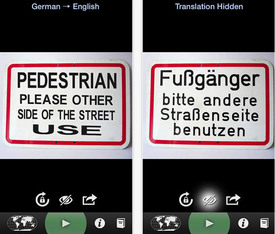According to three commentators, emails extorting webmasters are real – pay us $1500 or we will create thousands of bad links that will trash your Google ranking.
For years Google told us that it wasn’t possible to negatively influence someone else’s ranking. Then they said, well it might be possible, so here’s a link disavow tool.
The big problem is that the extortionists can create thousands of bad links with the click of a button, but the disavow process for so many links can take many hours – and worry!
Fortunately this problem will only occur for those in the middle tier – not so small that nobody cares, and not so big that such tactics won’t harm them. Still, that’s a lot of vulnerable websites.
You can guarantee Google is working to fix this, but it remains to be seen how successful they will be.

